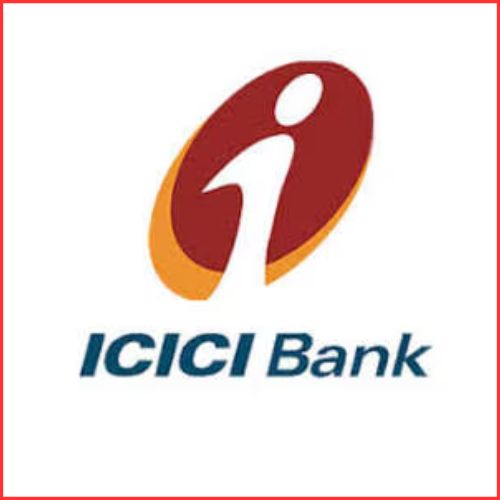The Payments Council of India (PCI) and several fintech firms have urged the government to step in to resolve the fallout from a recent directive by the Reserve Bank of India (RBI) that barred payment companies from loading credit lines onto wallets and prepaid payment instruments (PPIs).
The Payments Council of India (PCI), the apex body of payments and settlement players in the country, has written to the Reserve Bank of India (RBI) requesting the regulator to treat Prepaid Payment Instruments (PPIs) with full Know Your Customer (KYC) done as equal to bank accounts.
The second ask in the letter was to allow non-revolving credit lines in full-KYC PPIs like wallets and prepaid cards. Non-revolving credit line means that the credit line is non-replenishable unless the customer is underwritten again for a new loan.
“This will allow that a loan (given by a regulated lender) can be disbursed by the lender into a Full KYC PPI account,” PCI noted in the letter.
Plus, no minimum due should be associated with repayment and the customer should have a clear repayment schedule. The letter also argued that there are multiple use cases today where this product has led to financial inclusion, improved affordability in times of need and has further reduced the cost of credit for the customer.
It was reported on June 22 that PCI as well as its parent body the Internet and Mobile Association of India (IAMAI) will be making representations to the regulator and various government arms. These requests come days after the RBI issued a clarification to fintechs, saying that loading credit lines into prepaid payment instruments (PPIs) such as wallets and prepaid cards is not permitted. The move has threatened to junk the business models of a number of fintechs that have seen tremendous growth over the past year such as Slice, Uni, PayU’s LazyPay, KreditBee, and EarlySalary.
PCI’s letter estimates that over 10 million credit-linked prepaid instruments are active currently with over Rs 3,500 crore of payment volumes processed in just May 2022. If the model where loans are disbursed into digital wallets is also taken into account, PCI expects the volumes to be 3x more.
PCI said that 9.1 million prepaid cards are active for seven players — RBL Bank, ICICI Bank, SBM Bank, Fino Payment Bank, Transcorp, Ola Money and Livquik.
These letters also questioned the regulator’s stance on supporting innovation and financial inclusion and the government’s push for Digital India and Startup India. “The move is the opposite to that of RBI’s stance on supporting and fostering innovation. It is also against the government’s Digital India and Startup India initiatives because investors are now worried whether we are going the China way when it comes to regulations,” a source had said.
The letter will also seek clarity on the norms as well as a level playing field for non-banking financial companies (NBFCs), which are the actual lenders in these arrangements. The industry bodies are likely to request the regulator to make it easier for them to issue proper credit cards, as per sources.
The Digital Lenders Association of India (DLAI) too has sought a six-month extension and meetings with RBI representatives. DLAI represents over 80 members, including digital lenders and buy-now-pay-later (BNPL) players amounting to 85 percent of the transaction volumes of the digital lending industry.
In the letter, DLAI argued that business models that involve lending through prepaid instruments like wallets and prepaid cards were developed with:
(a) the objective of ensuring accessibility of affordable and easy credit to the middle and low-income households in India and achieving financial inclusion; and
(b) safeguards to account for systemic risks in transactions as well as to protect the interests of end customers.















